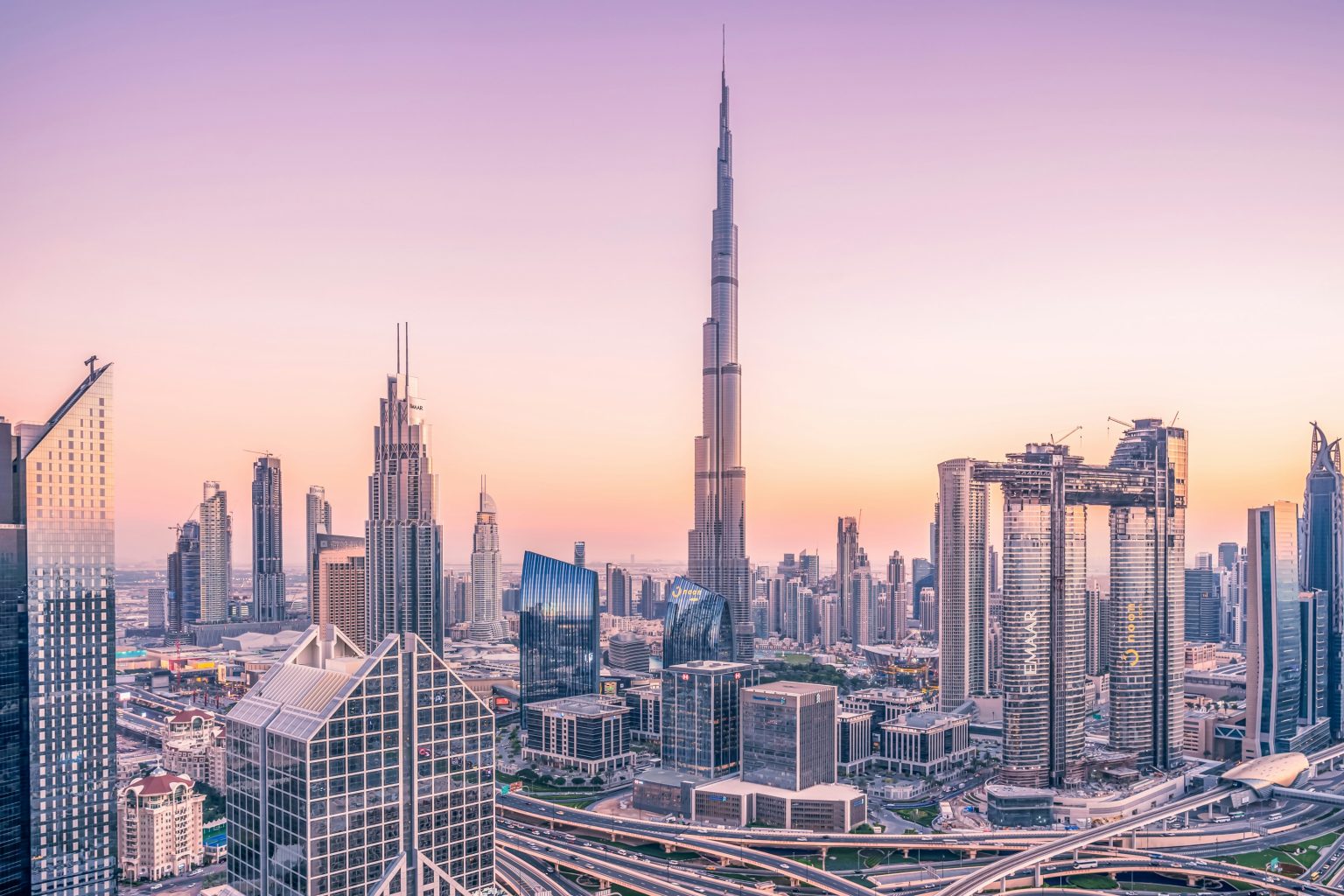Dubai Customs has recently launched a groundbreaking blockchain platform to solidify further its status as a global hub for trade and innovation.
Overview
On July 8 2024, Dubai Media Office announced that the blockchain solution was launched as part of a broader strategy to cement Dubai’s position as a leading smart city. This initiative is part of Dubai’s ambitious Smart City efforts to revolutionise various sectors through advanced technologies. Integrating blockchain technology into Dubai Customs’ operations marks a significant step towards enhancing international trade efficiency, transparency, and security. Ahmed bin Sulayem, chairman of the Ports, Customs, and Free Zone Corporation, said, “This innovation reflects our vision to make Dubai a global hub of trade and logistics.”
Sulayem suggested that the blockchain solution plans to cut time and effort by simplifying procedures to expedite customs clearance and commercial transactions. Sulayem added, “We believe that adopting modern technologies like blockchain will significantly improve the business environment and enhance Dubai’s position as a major centre for global trade.” The statement suggested it would improve supply chain transparency by facilitating tamper-proof data sharing and reducing the voluminous paperwork typically involved in these processes. Director General of Dubai Customs, DR Abdullah Busnad, said, “The goal is to make the business environment in Dubai smoother, more streamlined, and transparent.”
The Genesis of Dubai Customs’ Blockchain Platform
Dubai, renowned for its futuristic vision and relentless pursuit of technological advancement, has strategically leveraged blockchain to modernise customs operations. The genesis of Dubai Customs’ blockchain platform stems from the Emirate’s overarching Smart Dubai initiative, which seeks to transform the city into a global benchmark for smart cities. The platform’s inception underscores Dubai’s commitment to harnessing emerging technologies to streamline bureaucratic processes and propel economic growth.
Key Features and Benefits of the Blockchain Platform
Dubai Customs’ blockchain platform boasts several key features designed to optimise trade facilitation and enhance operational efficiency:
- Enhanced Transparency and Security: Dubai Customs ensures transparent and secure documentation of trade transactions by leveraging blockchain’s immutable ledger technology. Each transaction recorded on the blockchain is cryptographically secured, minimising the risk of fraud and tampering.
- Streamlined Processes: Traditionally, customs processes involve extensive paperwork and manual verification. The blockchain platform automates these processes, enabling real-time document verification and reducing processing times significantly. This streamlined approach enhances operational efficiency and fosters a more business-friendly environment.
- Integration with Smart City Infrastructure: The blockchain platform seamlessly integrates into Dubai’s broader Smart City infrastructure. This integration allows for interoperability with other smart systems, such as IoT (Internet of Things) devices and AI (Artificial Intelligence) algorithms, further optimising trade logistics and supply chain management.
- Facilitation of Cross-Border Trade: One of the platform’s primary objectives is facilitating cross-border trade by simplifying customs procedures. Through blockchain technology, Dubai Customs enhances the traceability of goods, expedites customs clearance, and reduces the administrative burden on businesses engaged in international trade.
Experts at https://www.coininsider.com mentioned that blockchain has long been touted as a solution for tracking the real-time movement of items in supply chains and combating fraud and counterfeiting.
Implications for Dubai’s Economic Landscape and Global Trade
The deployment of Dubai Customs’ blockchain platform carries profound consequences for both the local economy and the global trade ecosystem:
- Attraction of Foreign Investment: By embracing cutting-edge blockchain technology, Dubai enhances its appeal as a global trade hub. The platform’s ability to streamline customs procedures and ensure transparency attracts foreign investors seeking efficient logistics and regulatory clarity.
- Strengthening Dubai’s Competitiveness: Efficiency and reliability are paramount in a competitive global market. Dubai Customs’ blockchain platform positions the Emirate as a frontrunner in digital transformation within the customs sector. This enhanced competitiveness bolsters Dubai’s standing as a preferred destination for international trade and commerce.
- Paving the Way for Future Innovations: The successful implementation of the blockchain platform sets a precedent for future technological innovations in Dubai and beyond. As other cities and nations observe Dubai’s achievements, they may adopt blockchain and other emerging technologies to modernise their customs operations and foster economic growth.
In 2022, academics argued that there are hurdles to mass adoption. In November 2022, one promising blockchain supply chain platform from computer manufacturer IBM was axed. Lack of global industry collaboration was cited as a key reason behind its decision to discontinue TradesLens by IBM and its partner Danish logistics firm Maersk. Since then, many platforms and blockchains have existed. A smart contract-compatible blockchain used for supply-chain tracking, VeChain, has been a space player since its launch in 2016. Chainlink has been used for supply-chain automation since its launch in 2019. In January 2020, Dubai Customers launched a blockchain-based platform to facilitate cross-border e-commerce.
Dubai Customs’ pioneering blockchain platform represents a pivotal milestone in the Emirate’s journey towards becoming a Smart City leader. By harnessing the power of blockchain technology, Dubai not only enhances the efficiency and security of its customs operations but also lays a foundation for sustainable economic growth and innovation. As the platform continues to evolve and integrate with Dubai’s broader Smart City infrastructure, it promises to redefine international trade practices, setting new benchmarks for transparency, efficiency, and reliability in the global marketplace.



